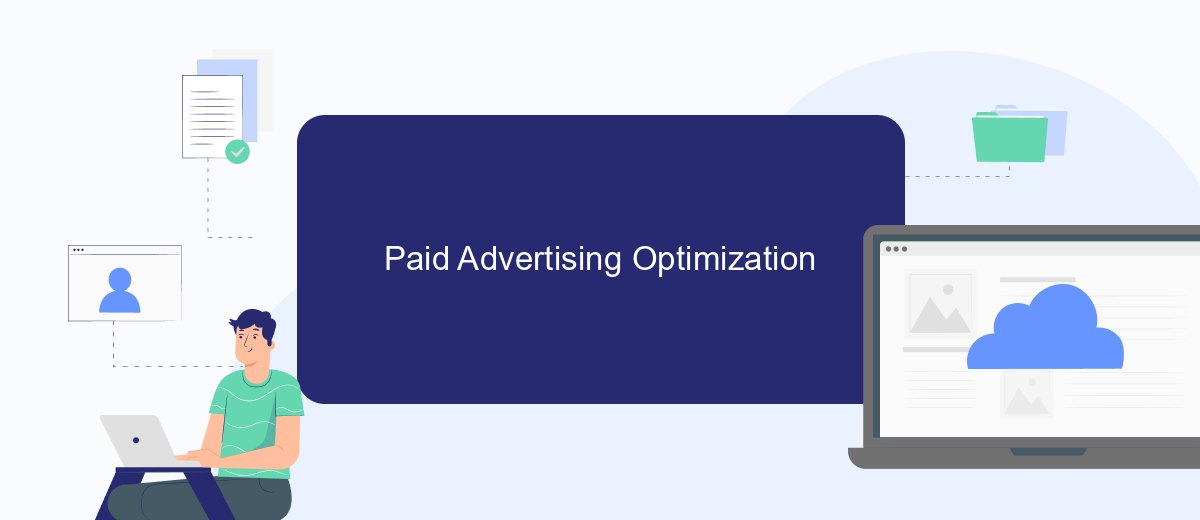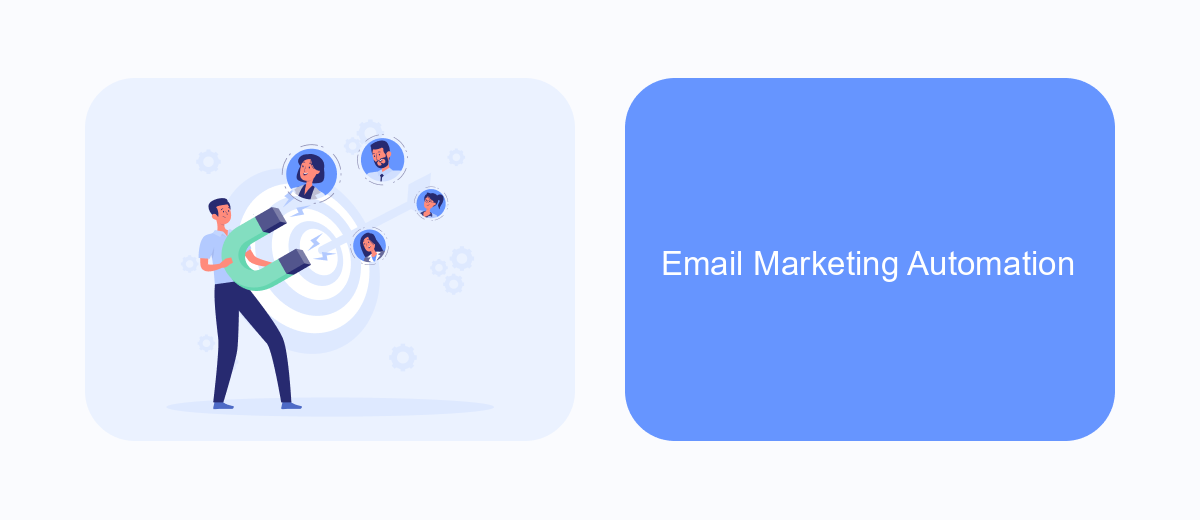In today's competitive business landscape, a robust enterprise lead generation strategy is crucial for driving growth and success. By leveraging targeted marketing tactics, data-driven insights, and innovative technologies, companies can efficiently identify and engage potential customers. This article explores key components and best practices for developing an effective lead generation strategy, helping enterprises to not only capture high-quality leads but also convert them into loyal customers.
Define Target Audience
Identifying your target audience is a critical step in developing an effective enterprise lead generation strategy. A well-defined target audience allows businesses to tailor their marketing efforts, ensuring that their message resonates with the right people. To begin, analyze your current customer base and identify common characteristics such as industry, company size, and job roles. Understanding these elements will help you create a more focused and efficient marketing approach.
- Conduct market research to gather insights about potential customers.
- Segment your audience based on demographics, psychographics, and firmographics.
- Create detailed buyer personas to represent your ideal customers.
- Analyze competitors to identify gaps and opportunities in the market.
- Utilize data analytics to continuously refine and update your audience profiles.
Once you have a clear understanding of your target audience, you can develop personalized marketing strategies that address their specific needs and challenges. This targeted approach not only improves lead quality but also enhances customer engagement and conversion rates. By focusing your efforts on the right audience, you can maximize the return on your marketing investment and drive sustainable business growth.
Content Marketing and SEO

Content marketing is a powerful tool for enterprise lead generation, as it allows businesses to engage with potential customers by providing valuable and relevant information. By creating high-quality content that addresses the needs and pain points of your target audience, you can establish your brand as an authority in your industry. This not only helps in attracting new leads but also in nurturing existing ones. Regularly publishing blog posts, whitepapers, and case studies can significantly enhance your online presence and drive organic traffic to your website.
SEO plays a crucial role in amplifying the reach of your content marketing efforts. By optimizing your content with relevant keywords, meta descriptions, and alt tags, you ensure that your content is easily discoverable by search engines. Additionally, integrating tools like SaveMyLeads can streamline your lead capture process by automatically transferring leads from various platforms into your CRM. This integration ensures that no potential lead is lost and that your sales team can follow up promptly, enhancing the overall efficiency of your lead generation strategy.
Paid Advertising Optimization

Paid advertising is a powerful tool for enterprise lead generation, but optimizing these campaigns is crucial for maximizing ROI. By focusing on the right strategies, businesses can ensure their advertising budget is used effectively to attract high-quality leads.
- Identify and target the right audience: Use data analytics to understand your ideal customer profile and tailor your ads to reach this specific group.
- Utilize A/B testing: Regularly test different ad creatives, headlines, and calls-to-action to determine which combinations yield the best results.
- Monitor and adjust bids: Continuously evaluate the performance of your ads and adjust bidding strategies to ensure cost-effectiveness and competitiveness.
- Leverage retargeting: Implement retargeting campaigns to re-engage users who have previously interacted with your brand but haven't converted yet.
By implementing these optimization techniques, enterprises can enhance the efficiency of their paid advertising efforts, ensuring that every dollar spent contributes to generating valuable leads. Continuous monitoring and adaptation are key to staying ahead in the competitive landscape and achieving sustained growth.
Email Marketing Automation

Email marketing automation is a powerful tool for enterprise lead generation, allowing businesses to streamline their communication processes and engage with potential customers more effectively. By automating email campaigns, companies can deliver personalized content at scale, ensuring that each lead receives the right message at the right time in their buyer's journey.
Implementing email marketing automation involves setting up workflows that trigger specific emails based on user behavior or predefined criteria. This not only saves time but also increases the chances of converting leads into customers by nurturing them with relevant information. The key is to create a strategy that aligns with your overall marketing goals and resonates with your target audience.
- Segment your email list to tailor messages to different audience groups.
- Use dynamic content to personalize emails for individual recipients.
- Set up automated follow-ups to re-engage inactive leads.
- Analyze campaign performance to optimize future outreach efforts.
By leveraging email marketing automation, enterprises can maintain consistent communication with their leads, build stronger relationships, and ultimately drive higher conversion rates. As part of a comprehensive lead generation strategy, it enables businesses to scale their efforts while maintaining a personalized touch.
- Automate the work with leads from the Facebook advertising account
- Empower with integrations and instant transfer of leads
- Don't spend money on developers or integrators
- Save time by automating routine tasks
Lead Management and Nurturing
Effective lead management and nurturing are pivotal in transforming potential clients into loyal customers. The process begins with capturing leads through various channels, followed by organizing and segmenting them based on specific criteria such as industry, company size, or engagement level. This segmentation allows for personalized communication, ensuring that each lead receives content and offers tailored to their needs and interests. Automation tools play a crucial role here, streamlining the process and allowing sales teams to focus on high-priority leads while maintaining consistent engagement with others.
Integrating lead management systems with other business tools can significantly enhance the nurturing process. Services like SaveMyLeads facilitate seamless integration between platforms, ensuring that lead data flows smoothly across different applications. This connectivity enables businesses to automate follow-ups, track lead interactions, and analyze engagement metrics efficiently. By leveraging such integrations, companies can maintain a comprehensive view of their leads, enabling more informed decision-making and ultimately driving higher conversion rates. Consistent monitoring and adjustment of strategies based on data insights are essential to refine the lead nurturing process continually.
FAQ
What is enterprise lead generation and why is it important?
How can automation improve lead generation strategies for enterprises?
What are some effective lead generation strategies for enterprises?
How can enterprises measure the success of their lead generation efforts?
What role does content play in enterprise lead generation?
Would you like your employees to receive real-time data on new Facebook leads, and automatically send a welcome email or SMS to users who have responded to your social media ad? All this and more can be implemented using the SaveMyLeads system. Connect the necessary services to your Facebook advertising account and automate data transfer and routine work. Let your employees focus on what really matters, rather than wasting time manually transferring data or sending out template emails.

